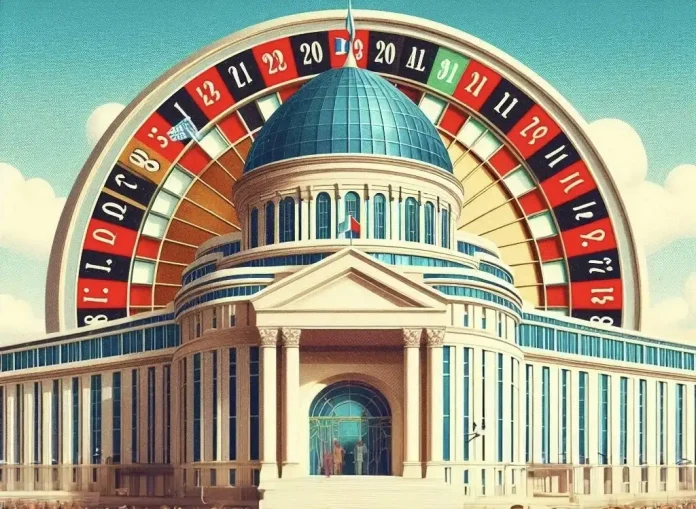From New York to Singapore, Macau to Thailand, politics dominate the narrative for integrated resorts.
The race for the first commercial casino licenses in New York City is shaping up to be a high-stakes poker game. Investors, including all the major Las Vegas brands, are eager to place their bets, potentially injecting billions into the Big Apple. However, progress has been agonizingly slow. Over a decade ago, a state amendment paved the way for four upstate casinos and a potential three downstate.
But the downstate licenses remained hostage to political wrangling until a breakthrough two years ago. The governor finally greenlit the process, and the New York State Gaming Commission was revamped to oversee it. Unfortunately, the complexities of licensing have caused delays. Originally planned for this year, bid submission is now expected in 2025, with licenses awarded even later. Politicking has been the main culprit, stalling progress at a glacial pace.
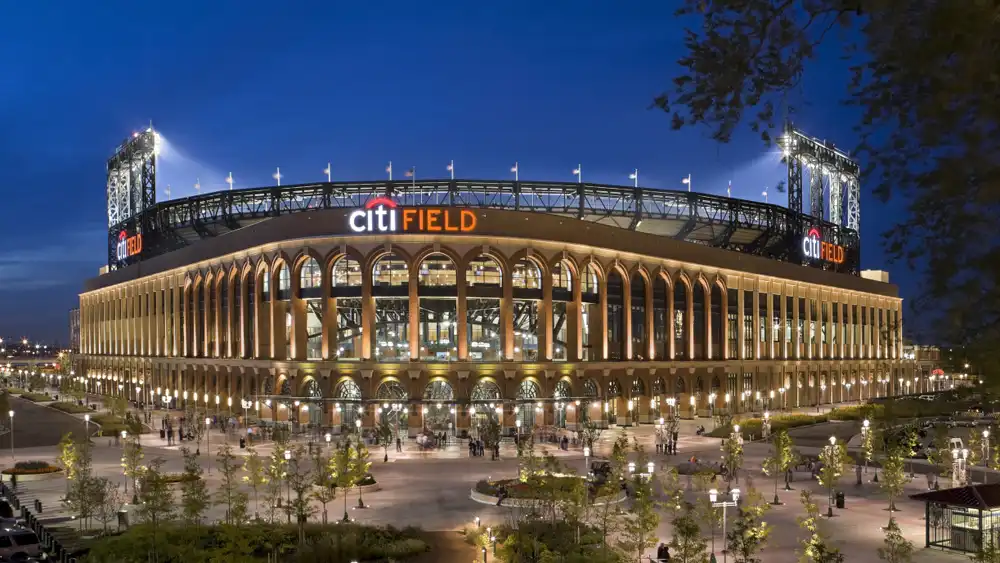
Last week, this political reality bit hedge fund billionaire Steve Cohen, owner of the New York Mets. His ambitious $8 billion Queens casino project (Citi Field), envisioned as a Hard Rock Hotel & Casino overlooking the Manhattan skyline, received a near-fatal blow when a state senator publicly declared her opposition to the development.
This triggered a sense of déjà vu for Cohen’s casino partner, Seminole Hard Rock. Their Asian ambitions too had been thwarted by politics when their vision for a $5 billion integrated resort in Hokkaido Prefecture, Japan, was indefinitely frozen by the governor who demurred due to concerns about negative political optics, despite local business enthusiasm.
In fact, politics had all but shattered the vision for the Japanese integrated resort industry. Fueled by initial euphoria, grandiose projections for a Japanese integrated resort industry had attracted significant investor interest. However, political realities soon intervened, derailing most of these plans. Consequently, MGM Resorts became the sole recipient of an IR license (MGM Osaka), leaving the fate of the two remaining concessions uncertain.
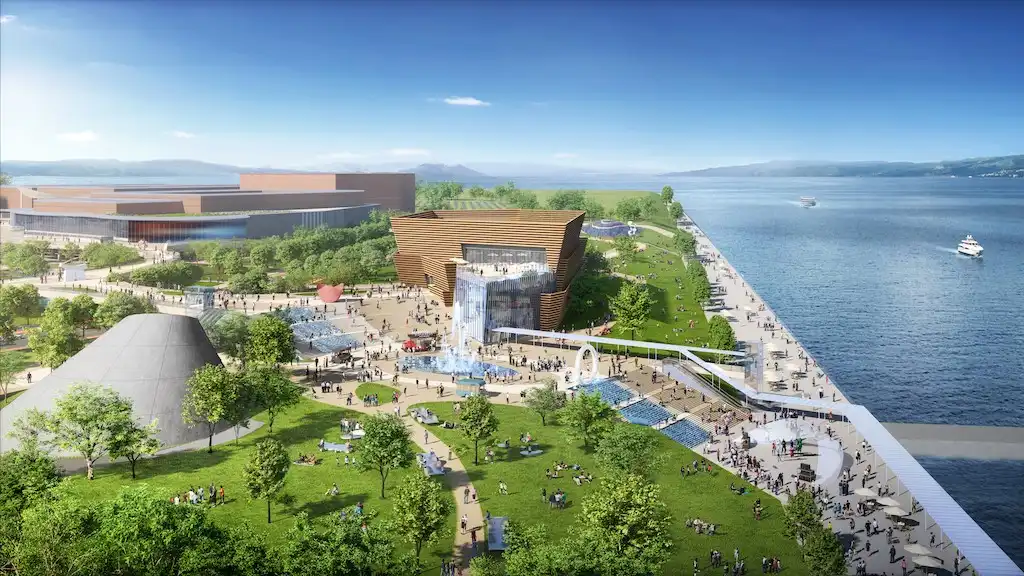
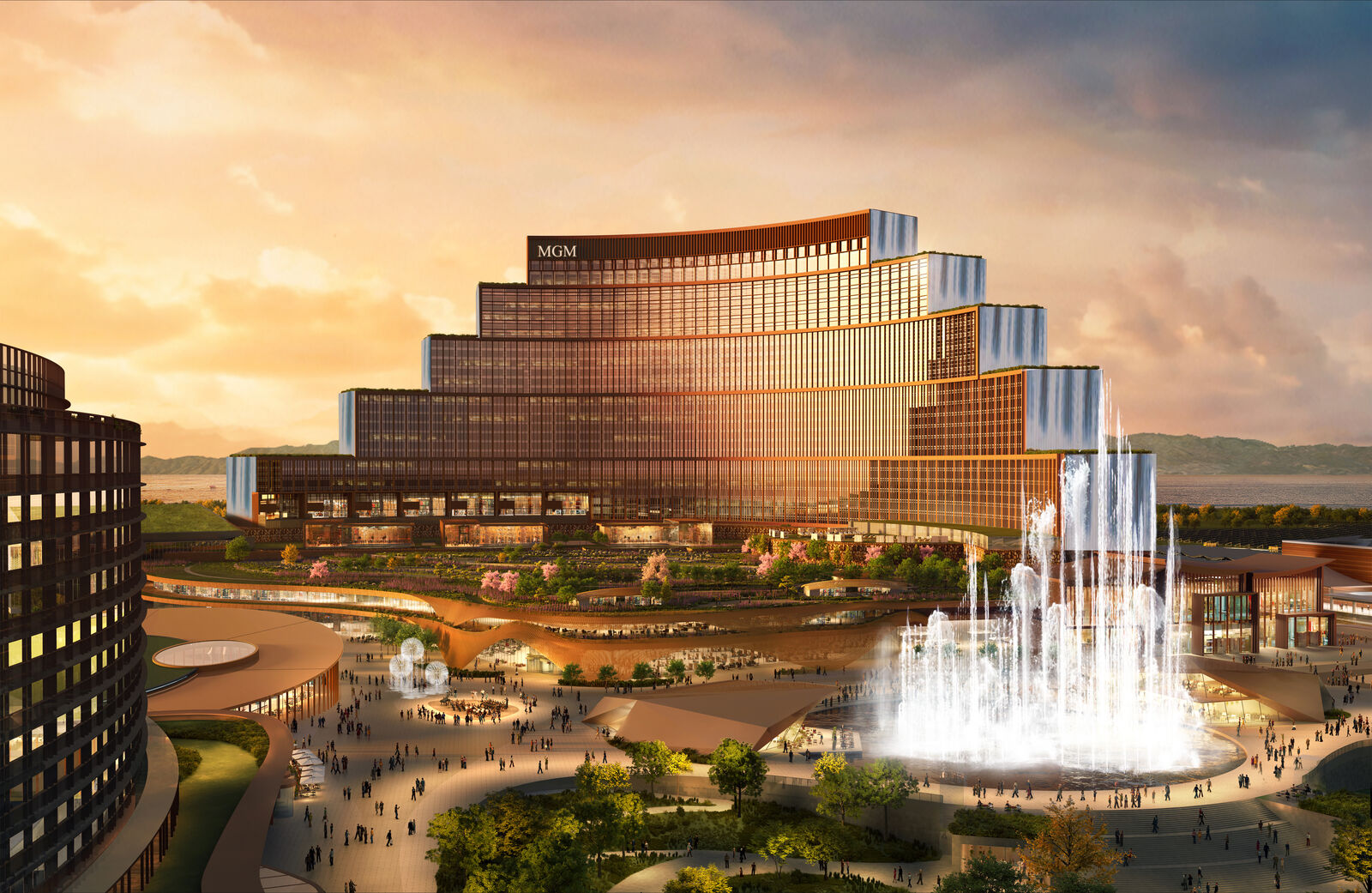
The world of casino resorts is a fascinating study in contradictions. On one hand, these glittering giants can be economic engines, generating massive revenue, job creation, and boosting tourism. On the other hand, they raise concerns about social ills like addiction, increased crime, and a potential shift in societal values.
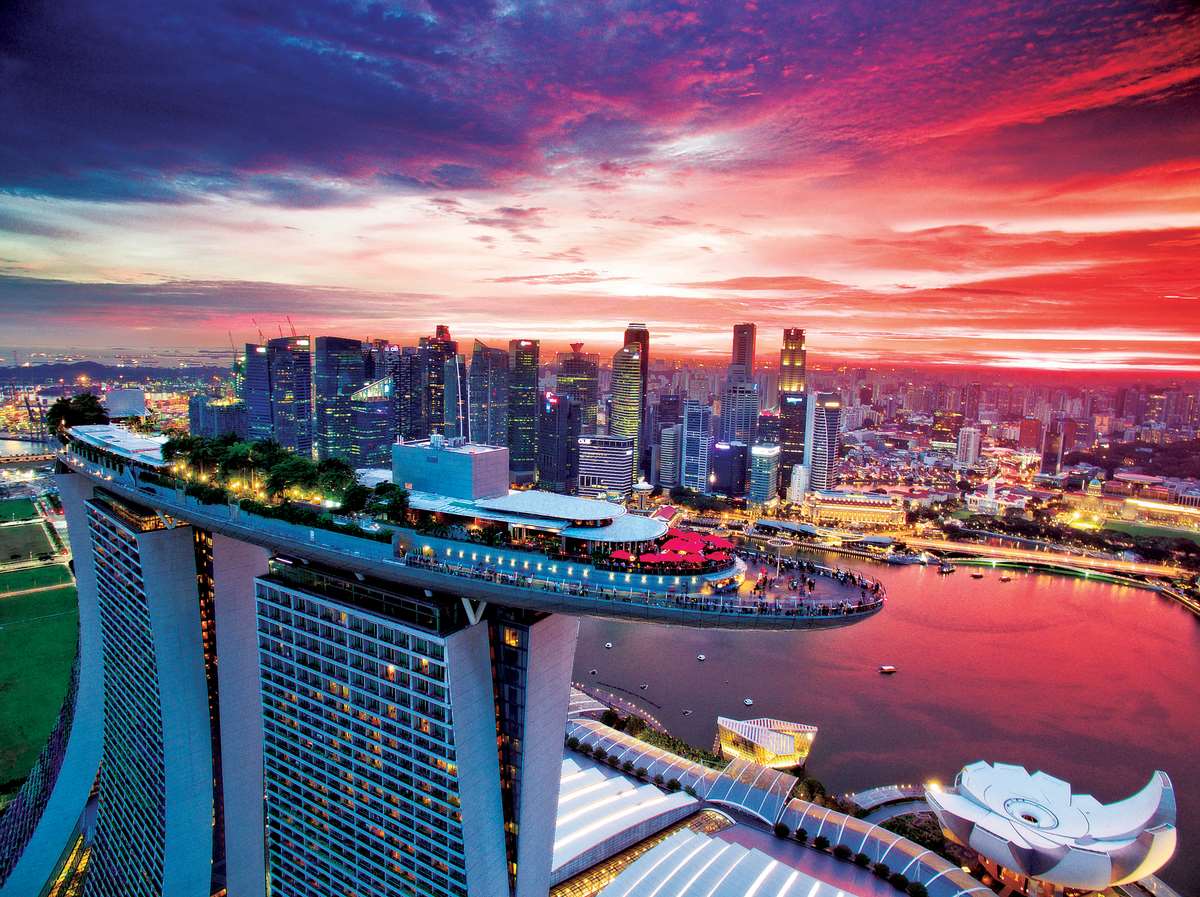
This inherent dichotomy places them at the center of a complex dance with politics. Singapore exemplifies how political leadership can navigate this duality. The government meticulously planned and executed the introduction of integrated resorts. Strict regulations minimized the social costs, while maximizing the economic benefits.
This good political governance ensured that the resorts became a cornerstone of Singapore’s success story, attracting not just high rollers, but families and business travelers as well. In Macau, the invisible hand of political power from Beijing played a significant role in the dramatic transformation of Macau’s gaming market over the past two decades.
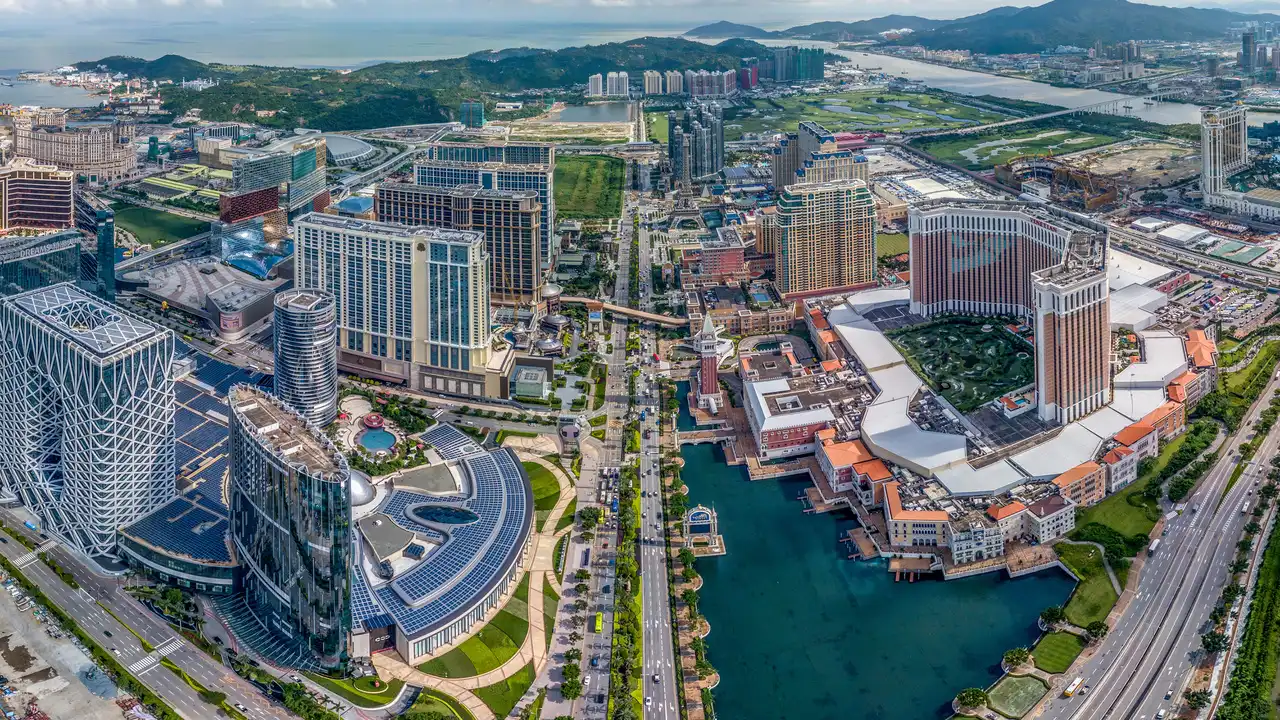
While initially focused solely on gambling, the political winds are shifting. Beijing, recognizing the potential negative social impacts of an over-reliance on gambling, is pulling the strings to diversify Macau’s offering with the goal is to transform it into a more wholesome tourist destination.
The nexus between political stability and the flourishing of integrated resort industries cannot be overstated. However, the connection between stability and governmental power is not always straightforward. South Korea’s case illustrates this, where the preservation of political stability led to restrictions on residents’ access to casinos, revealing the nuanced interplay between stability and governance strength.
Political influences also transcend borders, shaping regional dynamics as seen in Cambodia’s recent casino industry overhaul driven by geopolitical pressure. Similarly, in the Philippines, the tightening of the casino junket sector highlights the delicate balance between economic interests and geopolitical factors.
The political barometer serves as a fairly accurate crystal ball into the future of the industry, offering valuable insights into its trajectory. Currently, Japan’s mid-term prospects appear grim, as evidenced by the recent electoral setbacks suffered by the ruling Liberal Democratic Party. With defeats in parliamentary by-elections and the gubernatorial race for Shizuoka Prefecture, coupled with the plummeting popularity of the Fumio Kishida-led government amidst a donation funds scandal, the once-prominent integrated resort agenda has been relegated to obscurity.
Anticipation for progress remains subdued, awaiting the outcome of the LDP leadership elections in the fall. However, any leadership change is likely to foster inertia initially, as new leaders tend to avoid contentious issues.
The aspirations for a future Tokyo integrated resort hinge on the outcome of the upcoming Tokyo gubernatorial election next month. Buoyed by recent successes, the opposition bloc has rallied behind Renho, a seasoned legislator from the Constitutional Democratic Party, potentially quashing hopes for an integrated resort in the capital. Meanwhile, the incumbent governor, Yuriko Koike, hesitates over seeking another term, apprehensive of the ramifications of support from the ruling party. If Renho emerges triumphant, Tokyo’s integrated resort ambitions will likely remain elusive for the foreseeable future.
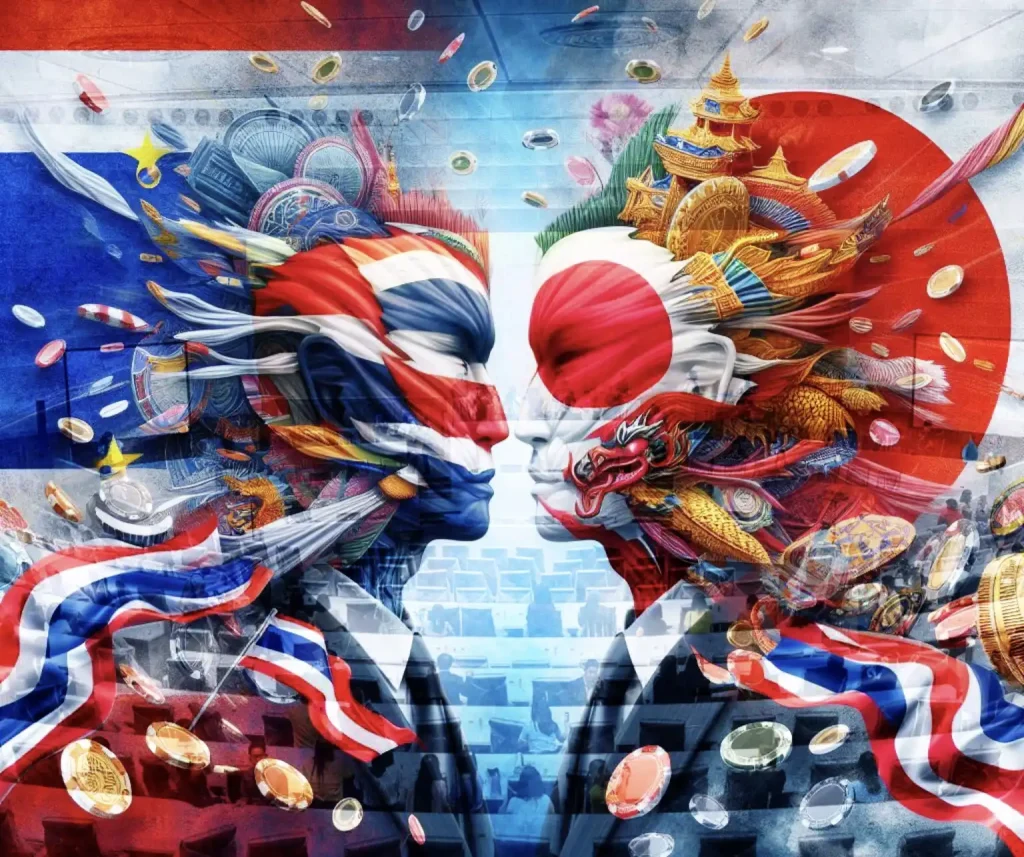
Thailand, unlike its neighbors, appeared to be navigating the path towards integrated resorts with relative ease. Strong bipartisan support for casino legislation seemed to have insulated its progress, raising expectations of a law passed as early as 2025, potentially opening the first Thai resort before Japan’s MGM Osaka. However, simmering political tensions threaten to throw a wrench in these plans.
The return of exiled former prime minister Thaksin Shinawatra and his alleged meddling in government affairs has riled some, indirectly leading to a senate indictment against the Pheu Thai-appointed Prime Minister, Srettha Thavisin. If successful, this could oust him and plunge the government back into instability.
An even larger disruption looms with a potential court ruling dissolving the Move Forward Party, Thailand’s largest party, on accusations of undermining the monarchy. This, coupled with the party’s loss despite an election win, raises fears of mass protests and social unrest. While such unrest might not completely derail the casino legislation, significant delays seem inevitable.
Not to forget the US presidential elections in November, the outcome of which can reverberate globally.
Daniel Cheng is the author of “How I built an Integrated Resort”, an AGB publication.


